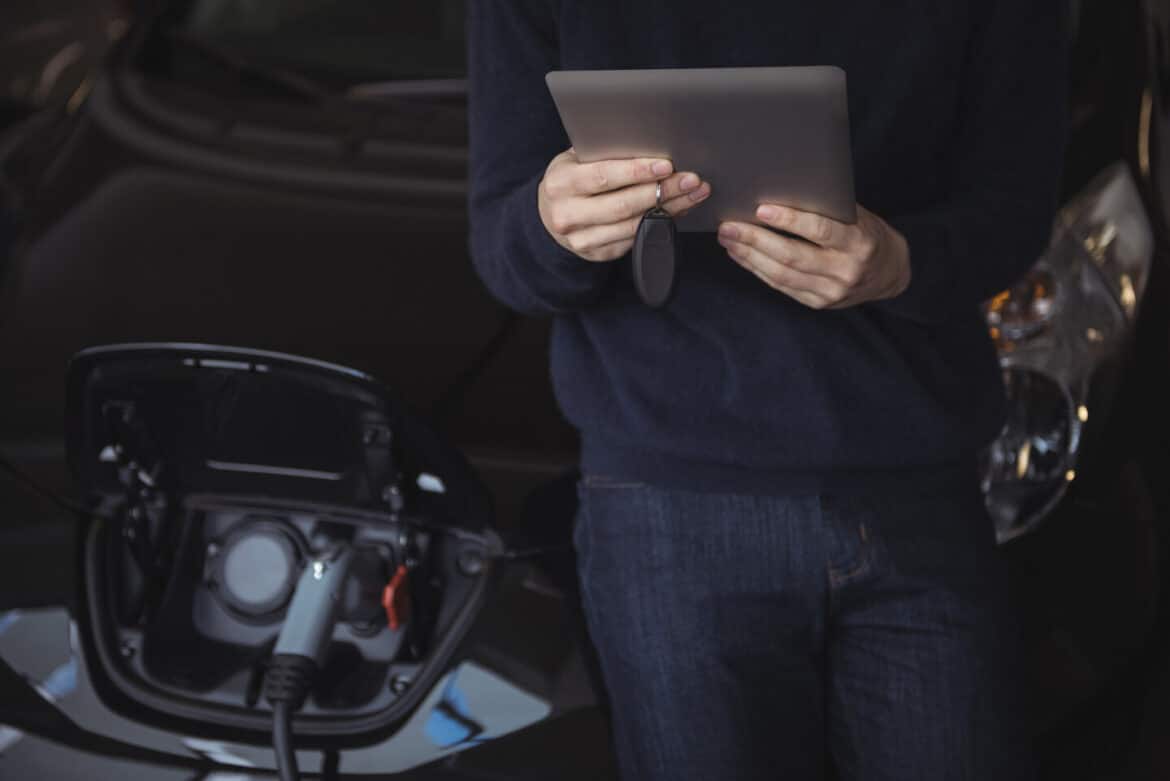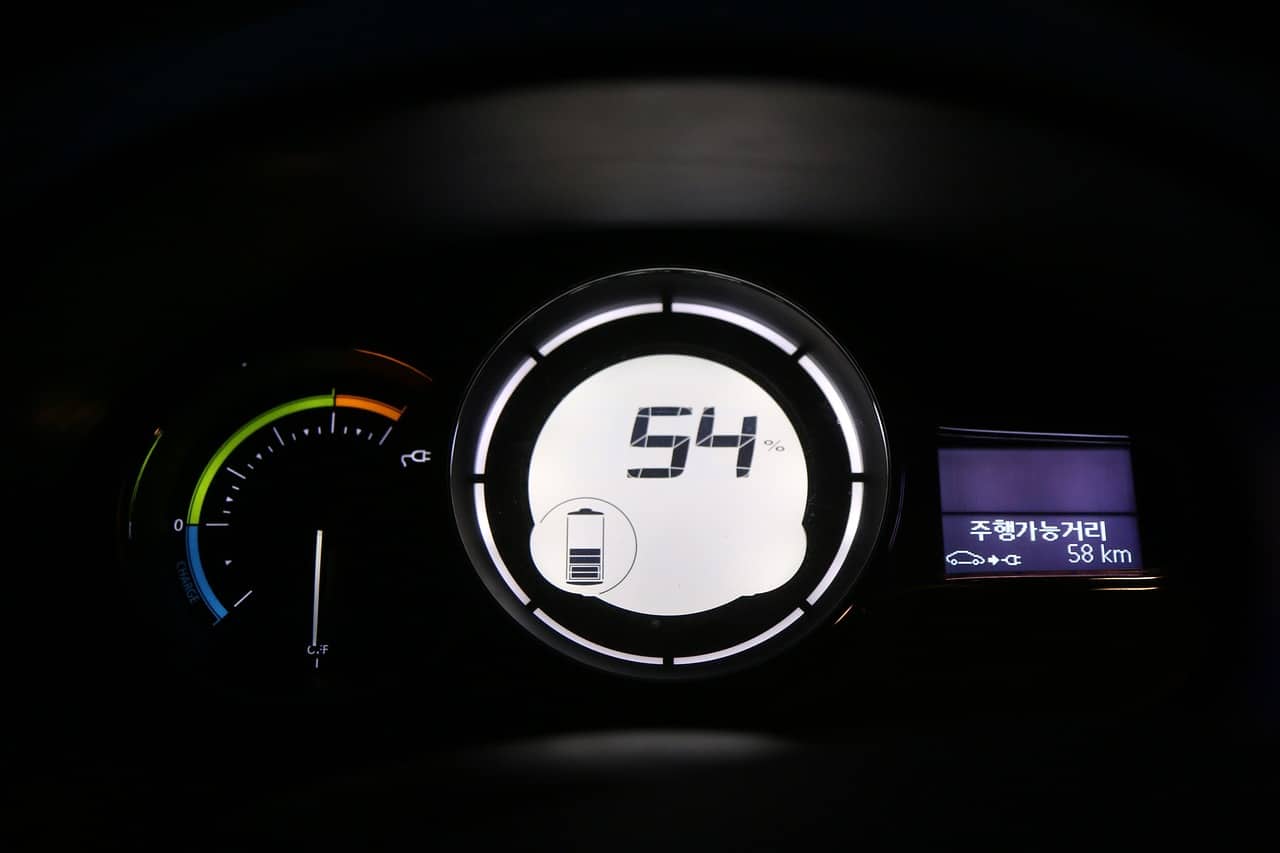Electric car batteries are one of the most important and innovative technologies in the automotive industry and are one of the keys to the transition to electric mobility. The choice manufacturers make when selecting a particular battery technology is a crucial factor in the performance, efficiency and sustainability of electric cars.
There are different types of batteries, each with specific characteristics in terms of energy density, power, durability, safety and cost. The choice of battery technology by car manufacturers depends on several factors, such as the best compatibility with the car, end-user requirements, cost and availability of materials.
Technological research in this field is running like never before and represents a challenge and an opportunity for the automotive industry and society as a whole in the realisation of increasingly electric mobility.
But what types of batteries for electric cars exist today? Let’s find out.
Lead-acid batteries
Lead-acid batteries have been used in electric cars in the past, but have gradually been replaced by more advanced battery technologies. Lead-acid batteries have a relatively low energy density compared to modern batteries, which means that they significantly limit the range of the electric car.
In addition, they have a short service life and take a long time to recharge. For these reasons, lead-acid batteries have been replaced by more advanced battery technologies, such as lithium-ion batteries.
However, some special applications, such as golf vehicles, forklift trucks and boats, continue to use lead-acid batteries.
Nickel-metal hydride batteries
Nickel-metal hydride (NiMH) batteries were used in some electric cars in the past, but have largely been replaced by lithium-ion batteries.
NiMH batteries have a slightly higher energy density than lead-acid batteries, but lower than lithium-ion batteries. They are also less efficient than the latter and have a shorter service life.
Lithium iron phosphate batteries
Lithium iron phosphate (LiFePO4) batteries are a relatively new battery technology, but are becoming increasingly popular in electric cars. LiFePO4 batteries have a lower energy density than Li-ion batteries, but have a longer service life and are less prone to safety problems.
In addition, LiFePO4 batteries are less sensitive to temperature than Li-ion batteries, which makes them particularly suitable for electric cars that have to operate in extreme weather conditions. However, such batteries are heavier and less efficient than Li-ion batteries.

Lithium-metal batteries
Lithium-metal (Li-Metal) batteries are a developing battery technology that could surpass lithium-ion batteries in terms of energy density. Li-Metal batteries use a lithium metal anode instead of the graphite anode used in lithium-ion batteries.
This means that Li-Metal batteries can store more energy in a smaller volume than lithium-ion batteries. However, Li-Metal batteries are still in the development phase and have not yet been widely used in electric cars.
Lithium-sulphur battery
Lithium-sulphur (Li-S) batteries are another battery technology under development that could surpass lithium-ion batteries in terms of energy density. Li-S batteries use sulphur instead of the cobalt, nickel and manganese used in lithium-ion batteries.
In other words, Li-S batteries can store more energy in a smaller space than lithium-ion batteries. In addition, Li-S batteries are cheaper to produce than lithium-ion batteries and are less prone to the safety problems associated with Li-ion batteries. However, Li-S batteries are still in the development phase and have not yet been widely used in electric cars.
Sodium ion batteries
Sodium-ion (Na-ion) batteries are a battery technology that is still in the development phase, but could be a viable alternative to lithium-ion batteries. Na-ion batteries use sodium instead of lithium as the active electrode material.
This means that Na-ion batteries are cheaper to produce than lithium-ion batteries, sodium being an abundant and globally available material. However, Na-ion batteries have a lower energy density than lithium-ion batteries and are still under development.
Ultimately, to date, lithium-ion batteries are definitely the most popular battery technology in electric cars due to their high energy density and energy efficiency.
(Source: Global EV Outlook 2023, Trends in batteries, 2023)








